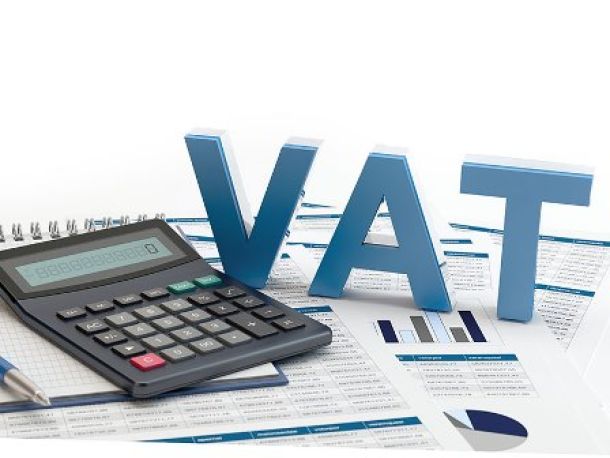Can South African workers be forced to return to the office even if they can work from home?
President Cyril Ramaphosa has announced that the country’s lockdown will move to Alert Level 1 as of midnight on Sunday (20 September).
According to lockdown regulations, all businesses can operate under Alert Level 1, except for those listed in specific economic exclusions.
While these regulations still provide that people who are able to work from home should do so, can businesses force employees to return to the office, even if they are fully capable of working from home?
Aadil Patel, director and national head of the Employment Practice at law firm Cliffe Dekker Hofmeyr, says that the answer lies in the existing coronavirus legislation which has been published by the government.
He refers to regulations issued under the Disaster Management Act, which state that businesses with more than 100 employees, working together in a group in the same floor space, must make provision for minimising the number of employees at any given time.
“Despite the announcement of a move to level 1 of lockdown, South Africa is still in a national state of disaster, as per cabinet’s approval to extend to 15 October 2020,” Patel said.
“The existing regulations still provide that employees who are able to work from home must do so, and businesses need to adhere to all regulations pertaining to work and workspaces.”
At-risk workers
Minister of Employment and Labour, Thulas Nxesi, published a directive in June, outlining the occupational health and safety measures for the reopening of workplaces in South Africa.
According to law firm Werksmans Attorneys, one of the key focuses of the directives relates to ‘vulnerable employees’.
“A vulnerable employee is defined as an employee with known or disclosed health issues or comorbidities or any other condition that may place the employee at a higher risk of complications or death than other employees if infected with Covid-19 or employees above the age of 60 years who are at a higher risk of complications or death if infected, ” Werksmans said.
“Every employer is obliged to take a number of administrative measures which include, among others, taking special measures to mitigate the risk of Covid-19 for vulnerable employees.”
Based on information and clinical expertise available, older adults and people of any age who have impaired function of certain organs (heart, lung, kidneys) or depressed immune system are at higher risk for serious complications and severe illness from Covid-19, the guidelines state.
The major categories include:
- A person who is 60 years and older;
- A person who has one or more of the underlying commonly encountered chronic medical conditions (of any age) particularly if not well controlled. These include chronic lung disease, diabetes, hypertension, and serious heart conditions;
- A person with severe obesity – body mass index (BMI) of 40 or higher;
- Someone who is immunocompromised as a result of cancer treatment, bone marrow or organ transplantation, immune deficiencies, poorly controlled HIV or AIDS;
- Someone who is more than 28 weeks pregnant and especially if they have one or more of the above co-morbidities.
News Category
- International retailers
- On the move
- Awards and achievements
- Legislation
- Wine and liquor
- Africa
- Going green
- Supplier news
- Research tools
- Retailer trading results
- Supply chain
- Innovation and technology
- Economic factors
- Crime and security
- Store Openings
- Marketing and Promotions
- Social Responsibility
- Brand Press Office
Related Articles

NHI: Business gears up for possible legal battl...

Electricity Regulation Bill will open competiti...

New Minimum Wage Set to Take Effect on March 1s...

Spar director fined R1 million after refusing n...


